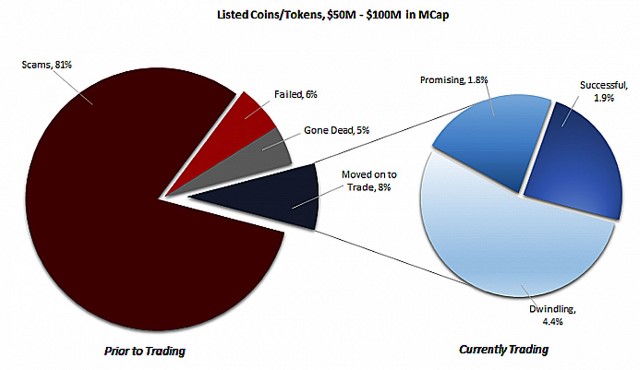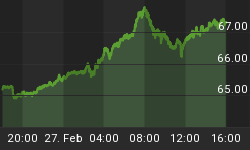In April 2017, the Securities and Exchange Commission (SEC) dealt a severe blow to the cryptocurrency industry when it rejected what was slated to become the first ever cryptocurrency exchange traded fund (ETF)-- the Winklevoss Bitcoin Trust ETF (COIN).
In January 2018, the country's top financial regulator all but shut the doors to such ETFs when it warned Wall Street to stop looking for loopholes to try and persuade it to change its mind.
If expectations for a Bitcoin ETF appeared like wishful thinking, then those about inherently riskier Initial Coin Offerings (ICOs) receiving regulatory approval stood a snowball's chance in hell.
Yet the impossible might one day become reality-- at least if recent comments by the agency are any indication.
SEC Commissioner Robert Jackson spoke to CNBC's Squawk Box on Monday where he revealed that the agency is not looking to ban ICOs but rather is thinking about ways to make these investments work consistently with laid out securities laws.
SEC Approval for ICOs Likely a Long Way Off
Specifically, the SEC is concerned about whether ICOs can comply with laws meant to protect mom-and-pop investors. But was the commissioner being a little disingenuous with his seeming endorsement of ICOs? The answer to that is quite likely in the affirmative, because a short breath away he also added:
"If you want to know what our markets would look like with no securities regulation, what it would look like if the SEC didn't do its job? The answer is the ICO market," Related: What Really Drives The Price Of Gold?
Commissioner Robert Jackson's sentiments closely echo those by the agency in its ruling after turning down the COIN ETF. The long and short of the nearly 40-page ruling is that the SEC mainly took issue with Bitcoin's unregulated markets which do not adhere to laid out legal requirements of Section 6(b)(5) of the Exchange Act that requires:
''...a national securities exchange be designed to prevent fraudulent and manipulative acts and practices and to protect investors and the public interest.''
There's nothing really about the current state of the ICO markets that might persuade the SEC to grant regulatory approval any more than a Bitcoin ETF would.
Indeed, the two are two sides of the same coin since ICOs are basically unregulated cryptocoins that are put up for sale in a crowdfunded marketplace while a Bitcoin ETF would seek to track Bitcoin, which is itself unregulated.
ICO Market Littered with Scams
Satis Group LLC, a self-styled provider of “ultimate advice of ICO” has conducted a study that revealed that a whopping 81 percent of ICOs are scams with only 8 percent ever being traded on an exchange. The organization found that only 3.7 percent of overall ICOs that hit the markets end up being successful or are at least promising.

(Click to enlarge)
Source: SteemIT
Another study by MIT's Christian Catalani and Joshua Gans suggested that only 5-25 percent of ICOs are fraudulent. That's a more palatable figure, but still too high to pass muster with the SEC.
Instead of dividends or voting rights as is the case with company shares, ICOs are utility tokens that promote access to a platform. Many are backed by an abstract idea or nothing at all in some cases. It might take years to enact regulation that will facilitate a clean up the industry to a level where the SEC will finally agree to give its consent.
By Alex Kimani for Safehaven.com
More Top Reads From Safehaven.com:
















